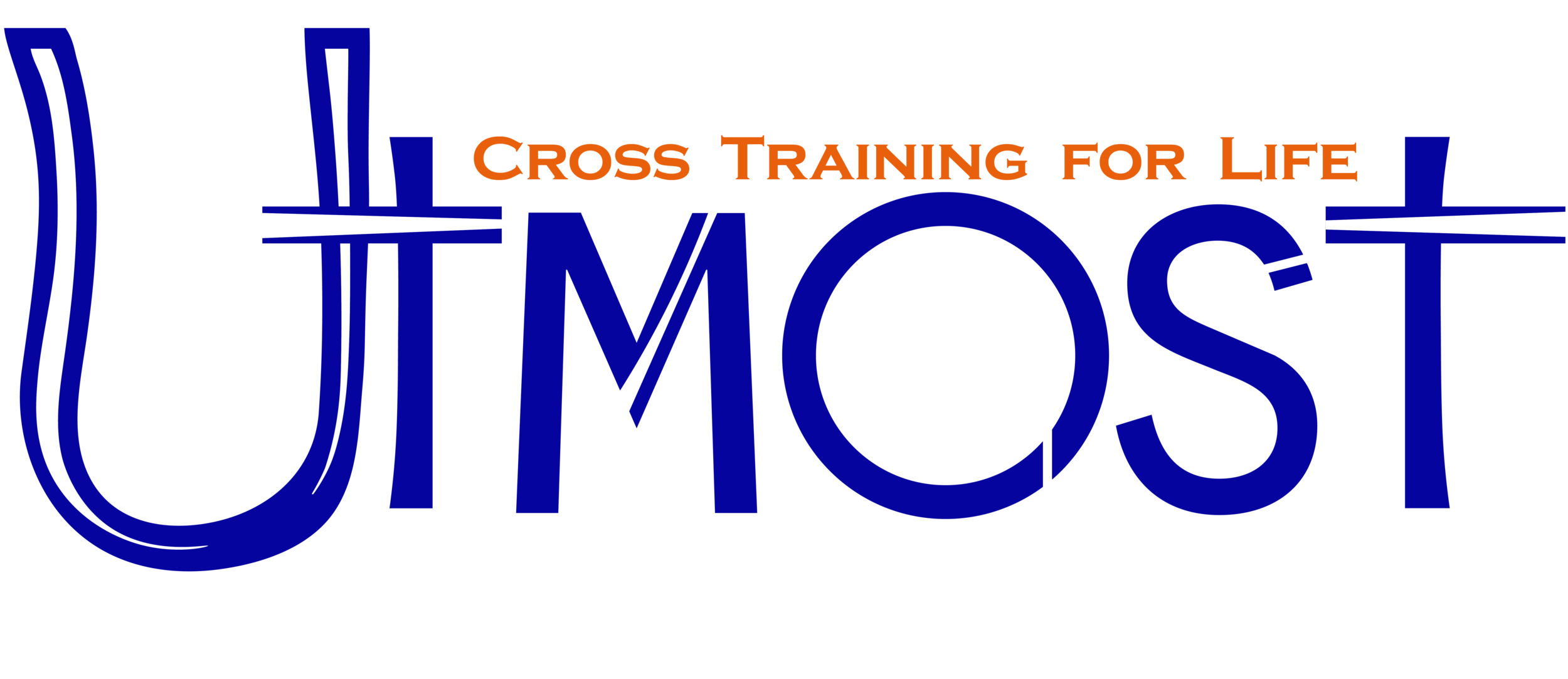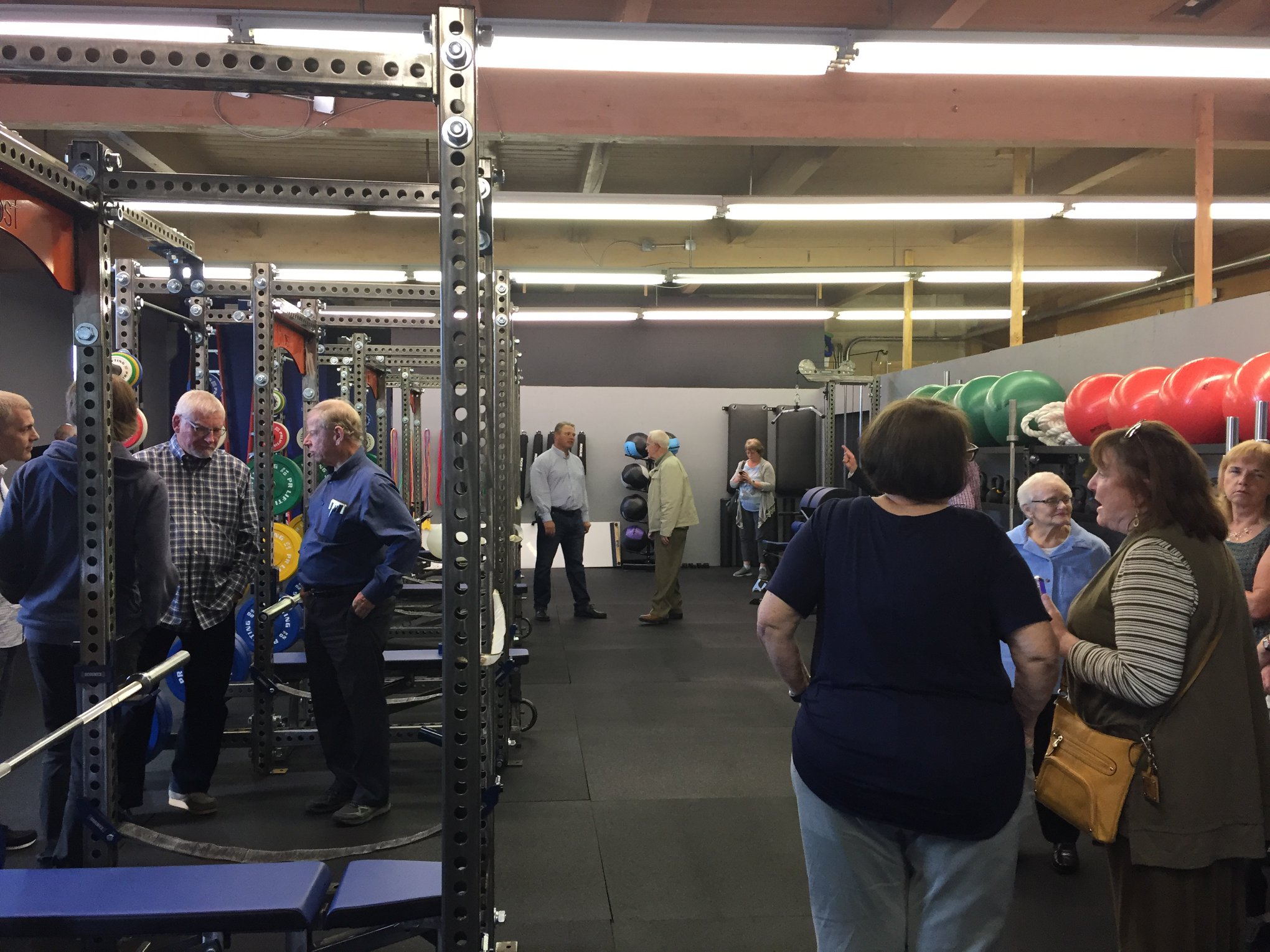Before we Innovate...
Matthew Overton
One of the things that I get excited about is the fact that youth ministry circles are starting to finally seriously engage with the topic of innovation. It is much needed and way overdue. Our leaders are tired. Our models are worn. Twitter is full of self marketing and youth ministry products that are a kind of economic ecclesial echo chamber of…stuff. And most importantly we are not producing missional adult disciples of Jesus Christ who are participating in the unfolding of God’s Kingdom in the world.
So, yeah. It’s time for change.
So, it IS exciting to see what is in the wind. But, I also have some concerns.
I have been invited to participate in about 8 different Christian social enterprise/innovation events around the U.S. over the last few years. Most of them have not been related to youth ministry. My biggest concern when innovation, or innovation through Christian enterprise comes up, is that generally speaking we do a terrible job of grounding the goal of innovation in our theology. I was thinking about this again in an acute way over the last few days while simultaneously reading several books on innovation. I started developing some critical questions that I think we need to answer before any individual or org sets out to innovate.
Why are we innovating?- It is a most basic principle of design thinking that you design with the end in mind. We need to thoroughly explain to the church in North America WHY it needs to innovate. I have been serving in churches for 20 years and the majority of them are often clueless about the shifting ground under their feet. Give them a bit of data and rationale. You don’t need to overwhelm them, you do need to equip and educate about what is shifting.
Is God an Innovator?- This is a REALLY important theological question. What makes an innovator? Does God demonstrate those attributes beyond just the act of Creation? Folks need to develop a STOUT theological framework for innovation. If the orgs and programs we create are to reflect the life and movement into the world of the Christ, then we will need conceptual and scriptural grounding. And it will have to be way more than a wink, a nod, and a proof text.
Who are we innovating for?- Are we innovating for youth groups or churches themselves? The students within them? Are we innovating for those outside the church? Are we innovating with the least of these in mind? Are we innovating with a lens toward racial biases? It seems highly likely to me that innovation will simply conform to the regular pattern of the church’s neglect of those outside its boundaries. So, we had better think that through. We don’t want to end up simply with a new kind of more functional church or youth group that is growing/producing the wrong things!
What is required for innovation?- This is a critical question as well that has individual, communal, and institutional dynamics. We need to recognize that while anyone CAN innovate, innovation often springs out of practices, experiences, and ecologies fueled by the Spirit of God. And like all GOOD things in God’s world it is going to cost something in terms of blood sweat and tears to pull it off. Have we counted the cost of doing this work?
Who is doing the innovation?- I have been struck on a number of occasions about the degree to which innovation takes a secular humanistic point of view and assumes the best of human beings or human designed innovation processes. We have to ground all innovation in who God is rather than who we are. It is God who is innovating, not us. Period. End of story. (Philippians 2:13) To ground any creative or innovative activity in our activity is to court danger. Need I remind us that church leaders are reportedly more likely to be narcissistic than in other professions?!?! Need I remind us that most congregations have no thoughtful systems of accountability that intentionally limit power and authority?!? And do we need any reminding that American Christians tend to prefer powerful figures who are charismatic to restrained and wise ones?!?! Any process of innovation must involve safe guards and critical self-exploration at MULTIPLE levels.
What is the innovation process?- A number of the gatherings that I have attended have seemed to ground innovation in some assumptions that never get named. (Big thanks to my friend Andy Root for naming this for me at 4:30 this morning!) If we borrow an innovation process from say, Google, what assumptions does that process make about humans, the marketplace, the pace of transformation in human lives, and the God’s world itself? The key part about a process is that in terms of practical theology, it is our process that reveals more about what we actually believe about God than what we claim to believe. The process and programs we design are the most powerful testimonies to what we REALLY think God is like. What does our process say about God, our neighbor, and God’s world?
This is just a start. But, I think these are some critically important questions for Innovation.








